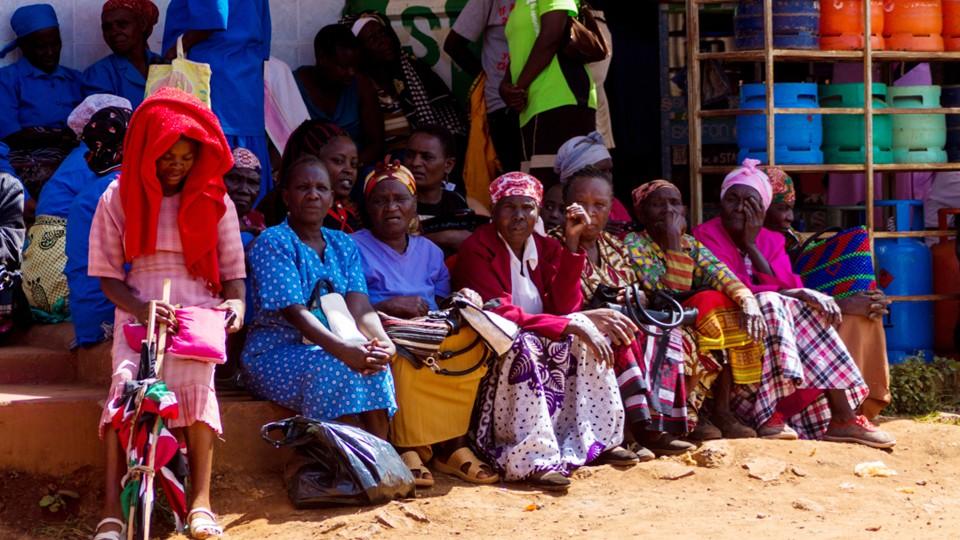Novartis' LEE011 on fast track to challenge Ibrance

Novartis’ challenge to Pfizer’s blockbuster breast cancer drug, Ibrance, is building momentum, after the US regulator granted it a fast review.
The US Food and Drug Administration granted the Swiss pharma’s LEE011 (ribociclib) a priority review for treatment of HR+/HER2- advanced breast cancer, meaning a decision is due within six months, instead of the standard 10-month review period.
This follows a Breakthrough Therapy Designation earlier this year, where the FDA promises to expedite development and review for the most promising and badly-needed drugs.
The development also meant that Astex Pharmaceuticals, based in Cambridge, England, received an undisclosed payout from Novartis.
Astex, which is a wholly-owned subsidiary of Japan’s Otsuka, co-developed ribociclib with Novartis.
Like Pfizer’s Ibrance (palbociclib), ribociclib is an inhibitor of cyclin dependent kinase 4 and 6. Novartis has data to support first line treatment of postmenopausal women with advanced or metastatic breast cancer in combination with letrozole.
The filing is based on data including the phase 3 MONALEESA-2 trial, which was hailed as one of the highlights of the recent European Society for Medical Oncology (ESMO) 2016 conference.
The data showed LEE011 plus letrozole reduce risk of progression or death by 44% compared with letrozole alone, significantly extending progression-free survival across all patient subgroups.
Novartis said the European Medicines Agency has also accepted a filing for LEE011 plus letrozole in the same patient population.
Since its launch in 2015, Ibrance has become Pfizer’s biggest-selling oncology product. Novartis’s drug has a similar clinical profile to Ibrance, which has already become well established in the US.
Kantar Health’s Stephanie Hawthorne said in a blog following ESMO that Novartis may find it difficult to compete with Ibrance in the US, where Pfizer's drug is well established and also has an expanded use in second line postmenopausal HR+, HER2- metastatic breast cancer, following endocrine therapy.
Novartis may mount a stronger challenge in Europe, where Ibrance has been backed in second line by the EMA’s CHMP scientific committee, but has not yet received a marketing authorisation from the European Commission.
Novartis plans filings for ribociclib, plus fulvestrant, in HR+/ER2- postmenopausal breast cancer, first and second line, and in another first line premenopausal breast cancer combination in 2018.
Eli Lilly is also developing a rival in this class, abemaciclib, which is still in phase 3 development despite concerns about interim efficacy data.












